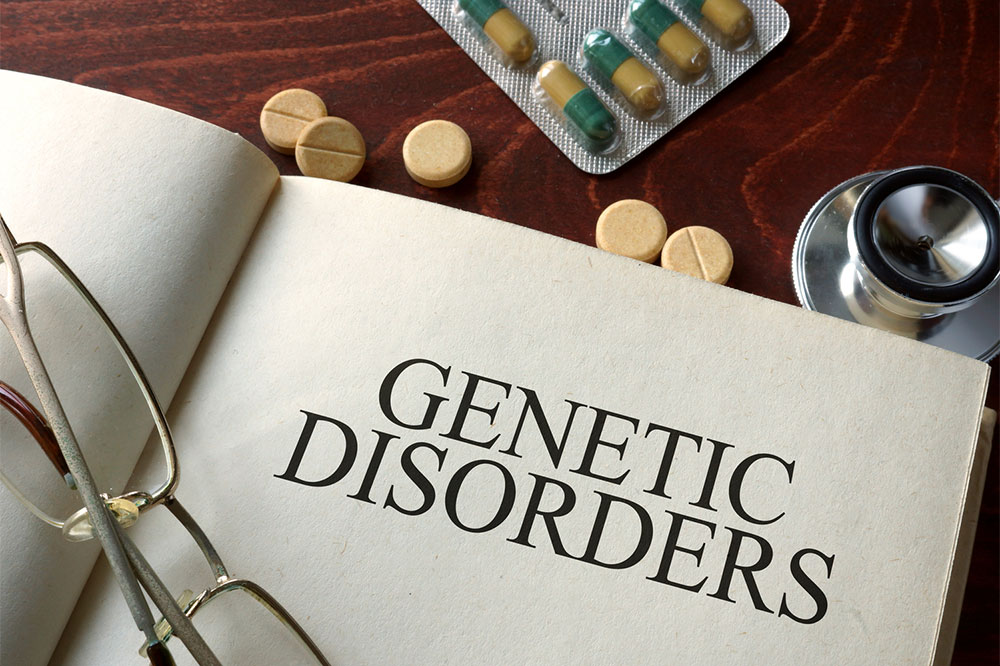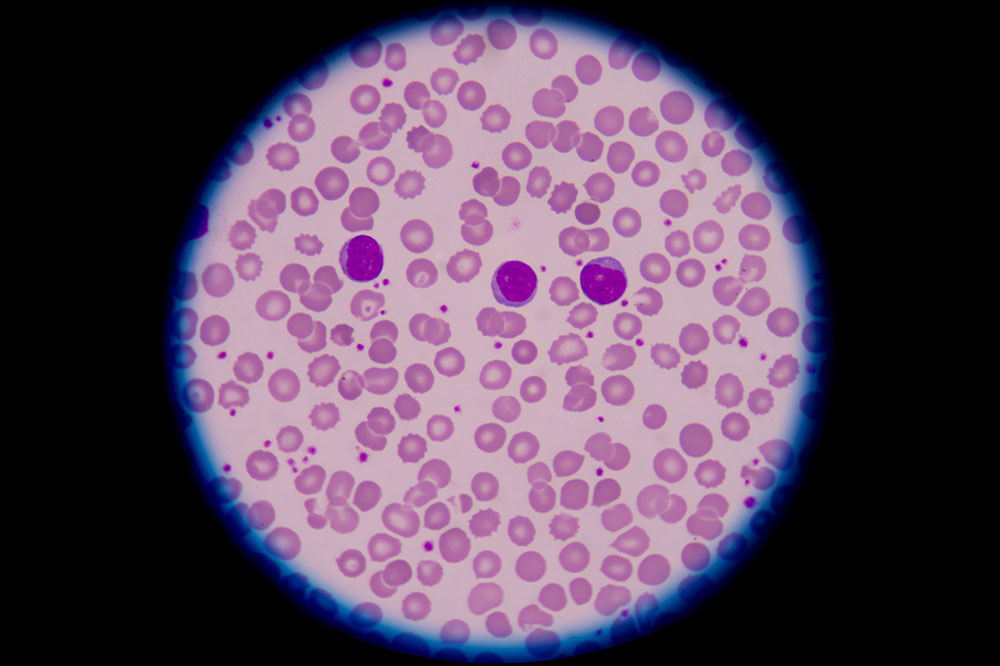Understanding 5 Common Hereditary Genetic Conditions
Explore five common genetic disorders, including autism, albinism, hereditary breast cancer, cystic fibrosis, and sickle cell anemia. Understand their causes, symptoms, and available management strategies to stay informed about genetic health conditions.

Understanding 5 Key Genetic Conditions
Humans are susceptible to various health issues throughout life. While some illnesses can be prevented, genetic conditions are often lifelong and difficult to treat. These disorders stem from changes in DNA sequences, as defined by the National Institutes of Health. This article highlights five prevalent genetic disorders impacting individuals worldwide.
1. Autism Spectrum Disorder
Autism isn’t a single diagnosis but a group of developmental conditions characterized by difficulties in social communication. Affected children may struggle to respond to their names, avoid eye contact, and engage in repetitive behaviors like rocking or hand-flapping. Symptoms typically emerge around age three and vary among individuals. Though there's no cure, early behavioral intervention can improve social skills and reduce self-harm.
2. Albinism
Albinism results from genetic mutations that hinder melanin production, leading to light-colored hair, skin, and eyes. Different types include oculocutaneous albinism, affecting skin and eyes, and ocular albinism, mainly impacting vision. Common signs include light sensitivity, vision issues, and patchy pigmentation. While genetic testing confirms diagnosis, managing sun exposure with sunscreen, protective clothing, and glasses helps prevent skin and eye damage.
3. Breast Cancer Predisposition
Breast cancer can have hereditary components, with mutations in BRCA1 and BRCA2 genes increasing risk. About 10-27% of cases are inherited, especially among those with a family history of the disease. Genetic testing helps assess risk, and options like surgery, targeted therapies, and hormone treatments are available for management.
4. Cystic Fibrosis
This inherited disorder affects around 30,000 people, leading to thick mucus buildup in lungs and pancreas. It impairs breathing and digestion. Caused by mutations in the CFTR gene, gene therapy has proven promising in addressing the root cause. Treatment focuses on respiratory management and improving quality of life.
5. Sickle Cell Anemia
One of the most common inherited blood disorders, sickle cell disease results from mutations in the hemoglobin-beta gene. Abnormal hemoglobin causes red blood cells to form stiff, sickle shapes, blocking blood flow and causing pain, anemia, and organ damage. The condition is inherited when both parents carry the gene. Treatment involves pain relief, blood transfusions, and managing complications.
Note:
This article provides general health information and is not a substitute for professional medical advice. Always consult qualified healthcare providers for diagnosis and treatment options.









